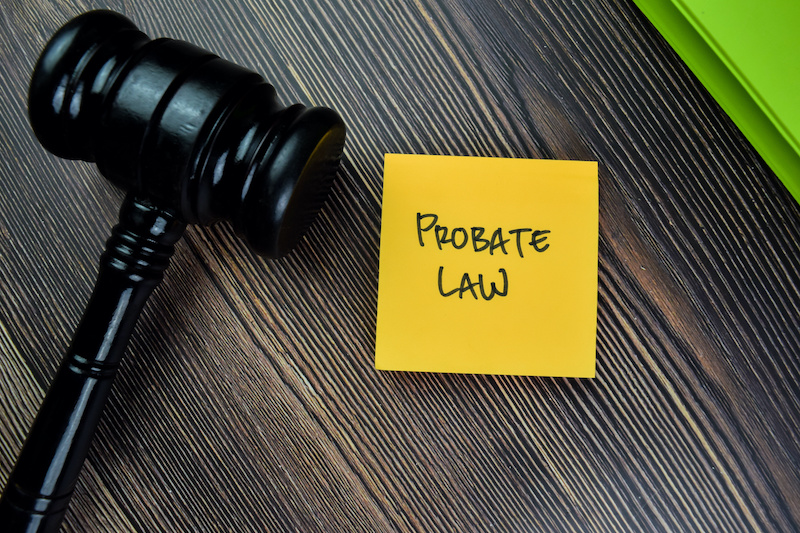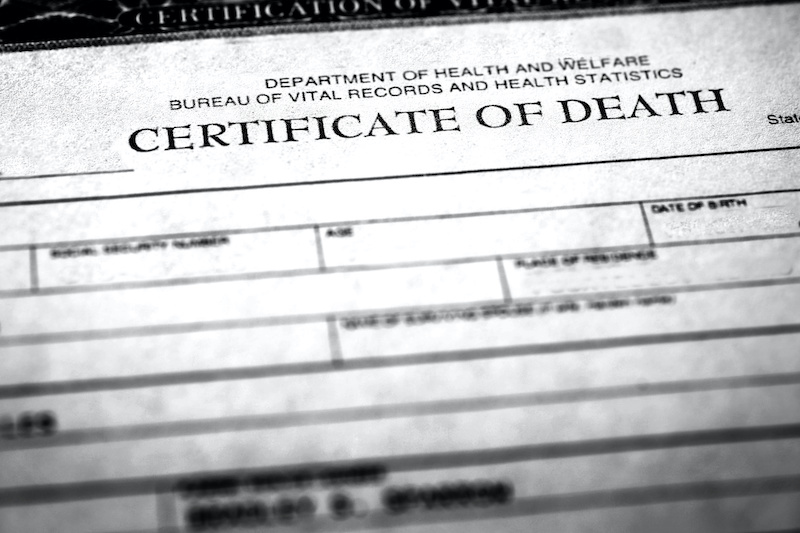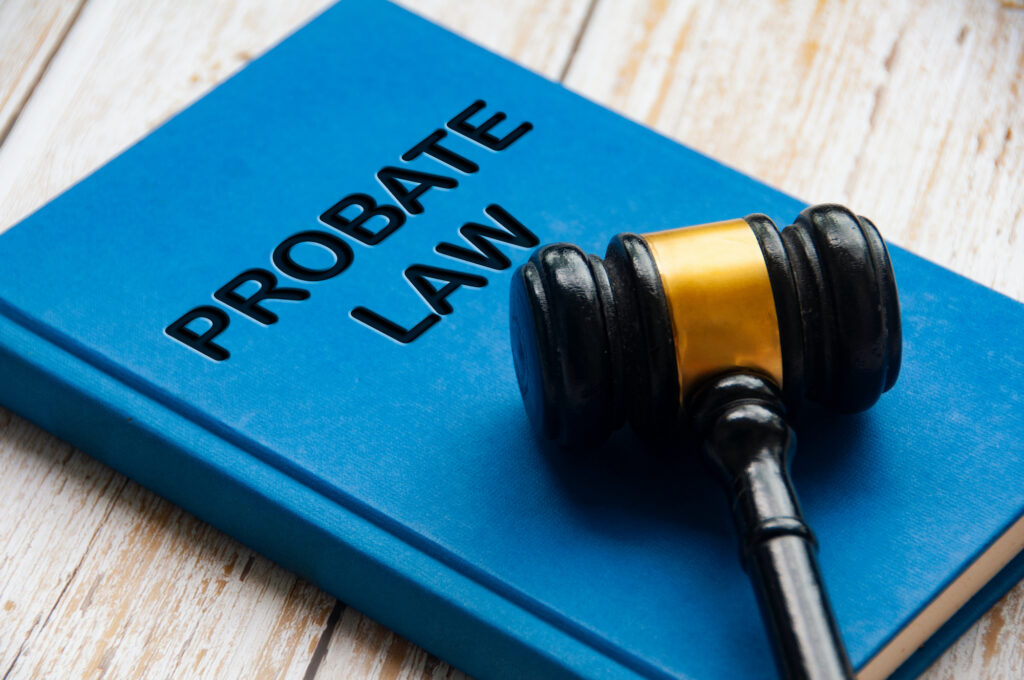
Most estate planning attorneys help clients craft an estate plan that minimizes or avoids probate court, altogether. Part of public record, probate proceedings drain time and financial resources. However, in nearly every case, some form of probate is necessary. So, it is important to understand how to navigate the probate court process.
Probate Court-Supervised Proceedings

Probate proceedings seek to validate the decedent’s last will and retitle the estate’s assets into the name of heirs according to the deceased’s wishes. These court-supervised proceedings ensure estate debts are paid. They also oversee the distribution of assets to heirs.
After losing a loved one, the family comes together to encounter a properly written will and other estate planning documents. Without a well-organized plan, the probate process extends. The probate court tasks family members with information gathering.
Probate Court Proceedings

The petitioner begins the process by filing a death certificate and a last will to the probate court. Also, they may also produce a list of know creditors and names and contact data of the decedent’s heirs. Finally, smaller estate probate processes and uncontested estates usually work through probate quickly and efficiently.
Finally, for larger value estates, substantial paperwork helps validate the will. It also determines asset distribution, settles disputes, pays off remaining debts, and ultimately closes the estate by paying the decedent’s final taxes.
Gather these documents:

- Appraisals for high-value art, collectibles, or jewelry
- Beneficiary designations
- Contracts and business agreement documents
- Death certificates
- Final will
- Heir and beneficiary contact data
- Known debts.
- Life insurance policies
- Ongoing bills
- Other known assets
- Pre- or post-nuptial agreements
- Previous three years of federal and state income and gift tax returns
- Real estate deeds
- Revocable trust documents
- Statements of financial accounts
- Vehicle titles
- Medical and funeral expenses
Probate Court Proceedings Sans a Will

The decedent’s residence states intestacy laws will apply if your loved one dies without a last will. All personal property without a beneficiary designation will be subject to the probate process at the court’s direction. But some assets will avoid the probate process under state property title, state contract, or state trust law.
Cost of Probate Court

Complex probate processes can be costly and take years to finalize, which is why many individuals retain an estate planning attorney to minimize probate proceedings. Lengthy proceedings can be frustrating for heirs who are rightful beneficiaries but must comply with the probate process. The average cost of probate varies by state; however, five to ten percent of an estate’s value in administrative costs and legal fees is typical. Some estates may lose as much as twenty percent of their value.
About Skvarna Law Firm in Glendora and Upland, California

Let a skilled attorney assist with your estate plan. So, contact us today to learn about your options (909) 608-7671. We operate offices in Glendora and Upland, California. Therefore, we provide legal services for individuals living in San Bernardino, Los Angeles, Orange, and Riverside Counties. This includes the cities of Upland, Ontario, Rancho Cucamonga, Fontana, Colton, Rialto, Chino, Chino Hills, Glendora, Claremont, Montclair, Pomona, La Verne, San Dimas, Azusa, Covina, West Covina, Diamond Bar, Walnut, La Puente, Corona, Norco & Mira Loma. Visit SkvarnaLaw.com to learn more.


